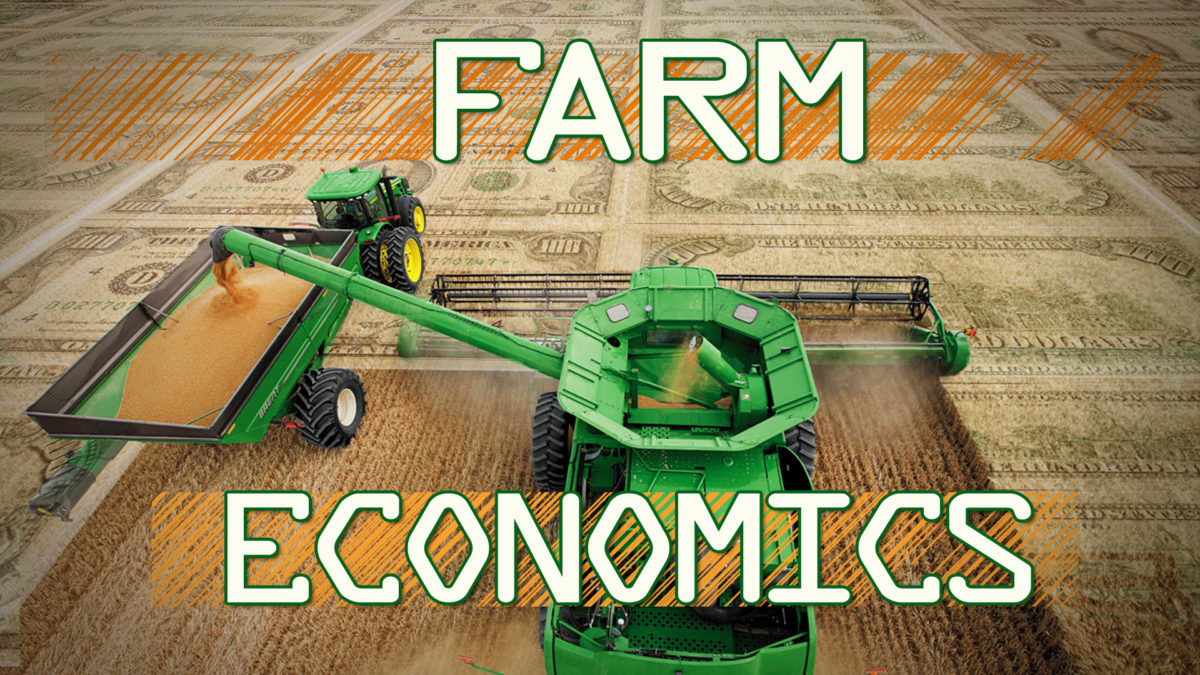Tifton, GA – Whether you run a small family farm, or thousands of acres, it’s essential to set a yearly budget for your operation. And that’s especially true in this economic climate, as there is very little room for error.
Amanda Smith, Extension Economist for the University of Georgia says, “compared to a few years ago, variable costs are less than they were, but they are coming up, and compared to a few years ago, commodity prices are less than they were. So, with variable costs coming up and commodity prices not being as high as they were, margins are getting tighter.”
Those margins include input costs that should be considered when deciding what direction to go in for the year.
”There are so many things they have to think about when deciding what to plant. Crop rotation is one of those things. The economics of the cost of the crops as well, looking at what potential prices might be as well as what they think their cost of production might be,” says Smith.
While the University of Georgia does provide plenty of tools to help it shouldn’t be the only thing farmers rely on when making those decisions.
Smith says, “the University of Georgia row crop enterprise budgets that we create are representative for South Georgia. They’re not going to be accurate for the particular farm. So, ideally, each farmer will take the budget and adjust the numbers to reflect their typical yield and production practices. And the big thing they need to think about is, alright, what potential problems might we see coming up in the future. If they maybe had some disease problems or a nematode issue in a particular field, are they going to need to have some additional sprays for chemicals to treat that to make sure that they have enough yield? So, accounting for all of the costs is really, really important.”
Budgeting for the weather and possible problems in the field aren’t the only things that should be taken into account, as unexpected costs to repair machinery is also a major problem farmers are facing today.
”A lot of times, what has happened in the past is a good gauge as far as an estimate of what those costs might be, but we’re also aware that farmers are not replacing implements are rapidly as they had several years ago when farm incomes were a little bit higher and holding onto tractors a little bit longer as well. So, repairs and maintenance might be a little bit higher because they are dealing with older equipment,” says Smith.
So, while a number of factors need to be considered while setting the yearly budget, there is one practice that can make the process much easier and effective.
Smith says, “keep good records. So, hopefully they’ve had excellent records from last year and the year before and several years back. And so, then they can evaluate those and see, alright, where have we been spending extra money? Is there a particular area that we can focus on managing our costs?”
By: Damon Jones

